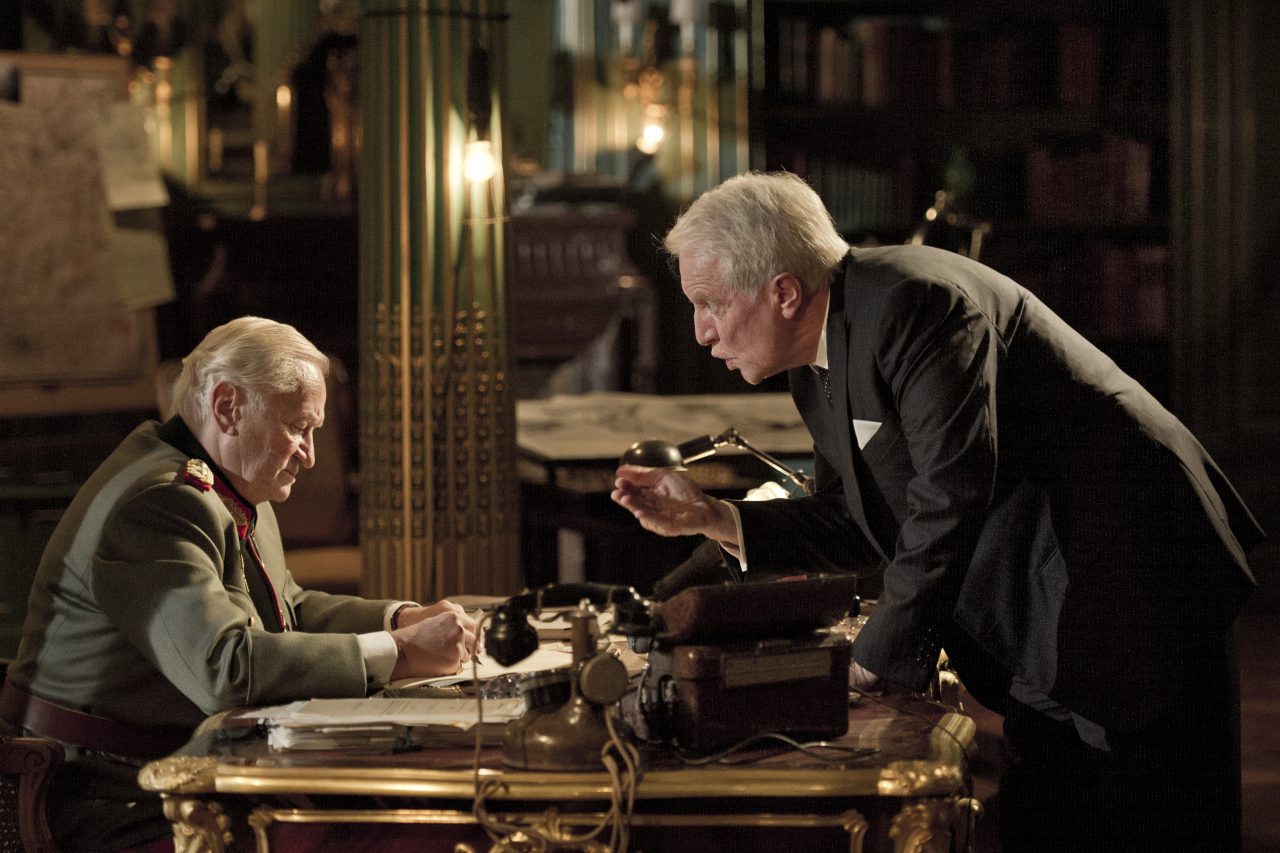In August of 1944, with Allied troops on the outskirts of the city and the Resistance amping up its activities, the Germans were preparing to abandon Paris — and leave behind a smoking ruin.
Bitter over the pounding German cities were taking, Hitler had ordered the destruction of most of Paris’ famed monuments — from the General Assembly, to the Eiffel Tower, to the train stations and museums. Explosive charges placed along the Seine would lead to massive flooding. A million or more people could become fatalities.
Clearly Der Fuehrer’s plan was not implemented, but it was a close call.
The circumstances surrounding the Nazi retreat from Paris were examined in “Is Paris Burning?” That 1966 release was one of those cast-of-thousands Hollywood efforts featuring big stars from a half-dozen countries. Behind the camera was the great French director Rene Clair.
But for a far more intimate — if less factual — retelling, check out “Diplomacy” from director Volker Schlondorff (“The Tin Drum,” “The Handmaid’s Tale”).
Basically a two-character production (it was adapted from Cyril Gely’s stage play), this terrifically written and performed drama centers on two real-life figures. General von Choltitz (Niels Arestrup) is the Nazi military governor of Paris. A weary but dedicated soldier, he has followed orders he finds morally repugnant — like the mass slaughter of Soviet Jews. Now he has overseen the mining of the French capital with tons of explosives. All that’s necessary to get the ball rolling is his order.
Enter Raoul Nordling (Andre Dussollier), the Swedish ambassador to France. Nordling appears as if by magic in von Choltitz’s private office in the Meurice Hotel. He admits that he gained entrance through a secret passageway once used by Napoleon III to visit his mistress. In fact, Nordling, in hiding, has eavesdropped on von Choltiz’s planning for several weeks. (For the record, the secret passageway and this particular confrontation between the Swede and the German is pure fiction.)
As the representative of a neutral country, Nordling has used his position to minimize Nazi outrages during the occupation. Moreover, he was born in Paris and considers it his home. He’s not about to let it go up in flames.
So what we’ve got here are a couple of civilized, essentially decent men — though a loyal German, von Choltitz is contemptuous of the Nazis and their thuggery — engaging in a debate.
The German could, if he wished, have Nordling summarily executed. That he doesn’t suggests how tired he is of it all, and this reluctance to play the brute gives the Swede an opportunity to appeal to von Choltitz’s higher self.
Here, Dussollier and Arestrup are repeating roles they originated on the stage, and they are superb, finding moments of humanity among the big arguments. What’s particularly striking is that both men embrace a moral ambivalence (although Nordling’s is not obvious until the crisis has passed). Like most of us, they are painted in shades of gray.
And though we know going in that von Choltitz never gave the fateful order, the film nevertheless generates a great deal of suspense as the two men banter over the fates of untold soldiers and civilians.









